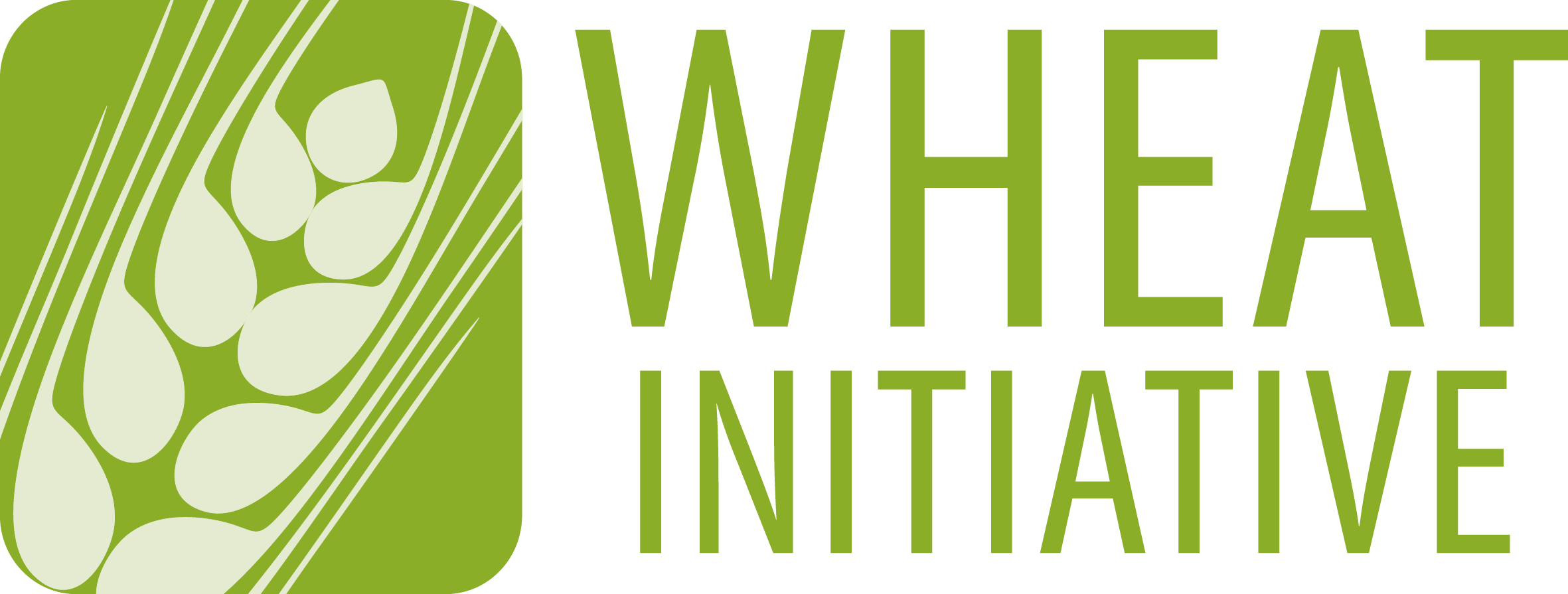The Wheat Initiative, Set Up by the G20 Agriculture Ministers to Coordinate Global Wheat Research, Moves its Headquarters to Berlin
Wheat is probably the most important crop for humans. Today wheat is grown in over 120 countries and accounts for 11 % of total crop production.
It is our most widely cultivated plant, occupying 16 % of cropped land. Importantly, wheat is the most traded agricultural commodity making it of critical importance in global food security since it is now a major source of carbohydrates and accounts for around 20 % of our protein. However, by 2050 wheat production must grow by at least 60 % to meet demand and this can only be achieved through innovation and global cooperation.
The Wheat Initiative was established by the G20 Agriculture Ministers in 2011 to act as an agency to support research, develop international research programs and build capacity. The Wheat Initiative was headquartered at the French National Institute for Agricultural Research (INRA) in Paris (France) but has now moved its offices to the Julius Kühn Institute (JKI) in Berlin-Dahlem (Germany). The relocation to Berlin comes through the strong support from the German Federal Ministry of Food and Agriculture.
“Wheat is not only a major crop for Germany but is also of prime importance for feeding the earth´s growing population. Productivity in agriculture must be sustainably increased throughout the world whilst at the same time the resources available to us need to be used more efficiently. A vibrant research community is a prerequisite to address the challenges for future production in Germany and globally. Therefore, we are pleased to support the next phase of the Wheat Initiative,” says Clemens Neumann (Director-General Bio-based Economy, Sustainable Agriculture and Forestry, German Federal Ministry of Food and Agriculture).
The Wheat Initiative has operated under the strong leadership of Dr Hélène Lucas who established and led the Wheat Initiative with great enthusiasm since 2011. The Wheat Initiative owes a debt of gratitude to Dr Lucas and to INRA for their dedication in building the Wheat Initiative to an internationally recognised organisation.
With the transfer to Berlin the management structure was changed with the appointment of an overall Program Manager. Dr Alisa-Naomi Sieber has taken on this new role and Professor Peter Langridge was appointed as International Scientific Coordinator in addition to his role as Chair of the Scientific Board. Dr Sieber is experienced in cereal breeding and research management and joined the Wheat Initiative secretariat in Berlin-Dahlem in February 2018.
Previously, she worked as rye pre-breeder with responsibilities in breeding for Fusarium head blight resistance and line development for hybrid rye at KWS Cereals in Wohlde (Germany). She holds a PhD degree in agricultural science from the University of Hohenheim (Germany). Her PhD work at the wheat group of the state plant breeding institute focused on frost tolerance in durum wheat breeding.
Further information on the Wheat Initiative and its activities: www.wheatinitiative.org. To view the official press release, please click here.
Responsible in the sense of press law:
Dr. Gerlinde Nachtigall, Public Relation Julius Kühn-Institut, Messeweg 11-12, 38104 Braunschweig, Germany
Tel.: +49 531 299-3204, pressestelle@julius-kuehn.de
